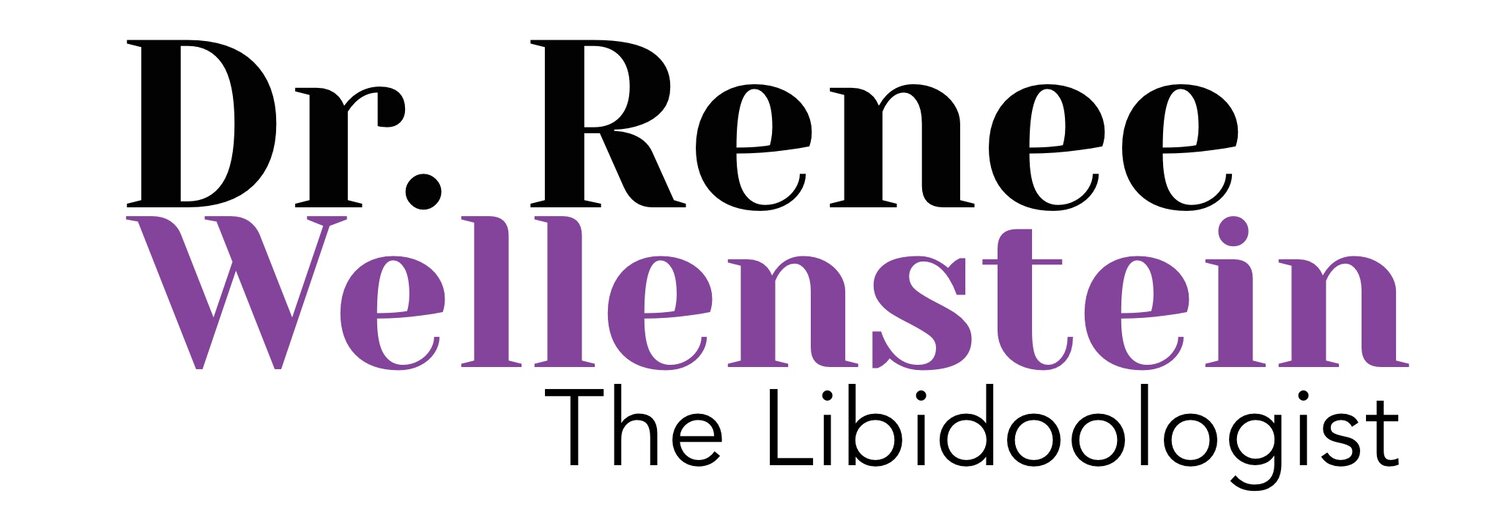Still Tired After 8 Hours? The Mitochondria-Hormone Link Every Woman Over 40 Needs to Know
Photo by Karollyne Videira Hubert
Are you sleeping through the night but still dragging yourself through your day?
Feeling foggy, inflamed, or constantly low-energy—even though you’ve cleaned up your diet and are “doing everything right”?
You're not crazy. And you're definitely not alone.
For so many women over 40, the problem isn’t just hormonal. It runs deeper—right down to your mitochondria.
Mitochondria: The Real MVPs of Midlife Health
Your mitochondria are often called the powerhouses of the cell—and for good reason.
They convert the food you eat and the oxygen you breathe into ATP, your body’s energy currency.
And some of the most important organs in your body are packed with them:
Your brain, your heart, your muscles, and yes—even your ovaries.
That’s why when mitochondrial function starts to decline (which it naturally does as we age), everything from your mood to your metabolism takes a hit.
Fatigue. Brain fog. Weight gain. Poor recovery. Bloating. Cravings.
If this sounds familiar, you might be dealing with mitochondrial burnout—not just hormone imbalance.
What’s Wrecking Your Mitochondria?
Here are just a few of the culprits I see over and over in women 40+:
Chronic stress and high cortisol
Toxins (like mold, pesticides, or even personal care products)
Blood sugar swings
Inflammatory foods
Poor sleep
Nutrient deficiencies
And the worst part?
Most conventional doctors aren’t even looking at this.
Inside my H.E.R. Method for Hormone Balance, mitochondrial health is one of the first systems we support—because you can’t fix your hormones if your cells can’t make energy.
5 Easy Lifestyle Habits That Support Mitochondrial Health
You don’t need a complete life overhaul to start feeling better. Here are some of my go-to, real-life strategies:
Get morning sunlight to support your circadian rhythm and cellular function.
Walk or rebound daily—even gentle movement supports mitochondrial growth and lymphatic flow.
Prioritize sleep—your mitochondria repair themselves while you rest.
Eat the rainbow—polyphenols, healthy fats, and antioxidant-rich foods feed your mitochondria.
Calm your nervous system—chronic stress crushes mitochondrial function and slows healing.
Supplements: A Sneak Peek at What Helps (and What to Be Cautious With)
In my practice, I pair lifestyle shifts with targeted mitochondrial support using supplements.
I cover these in full detail inside the YouTube video—including the exact ones I recommend for energy, metabolism, and brain clarity.
Here’s a teaser of what we talk about:
An antioxidant that helps your body generate new mitochondria
The nutrient combo that supports fat-burning and memory
A detox molecule your body naturally produces—but may need help with
And… the controversial blue supplement I used years ago in medical procedures and now use (cautiously) to support mitochondrial performance
👉 Curious what it is? You’ll have to watch the video.
Mitochondria vs. Hormones: It’s Not Either/Or
This is the part no one’s talking about: mitochondrial dysfunction and hormone imbalance are deeply connected.
When your mitochondria are running low, your body doesn’t have the energy to make, metabolize, or respond to hormones properly.
This is why your labs might look “normal”… but you still feel anything but.
Inside my H.E.R. Method, we go beyond the surface. I guide you through restoring cellular energy, improving detox, balancing hormones, and actually feeling like yourself again.
Take the Next Step
If you’re not sure whether it’s your hormones, your mitochondria, or both—let’s find out.
✨ Take my free Hormone Imbalance Quiz
→ https://www.drreneewellenstein.com/freebies
📩 Or book a free 15-minute call to see if my program is a fit for you
→ Click here to book your call


